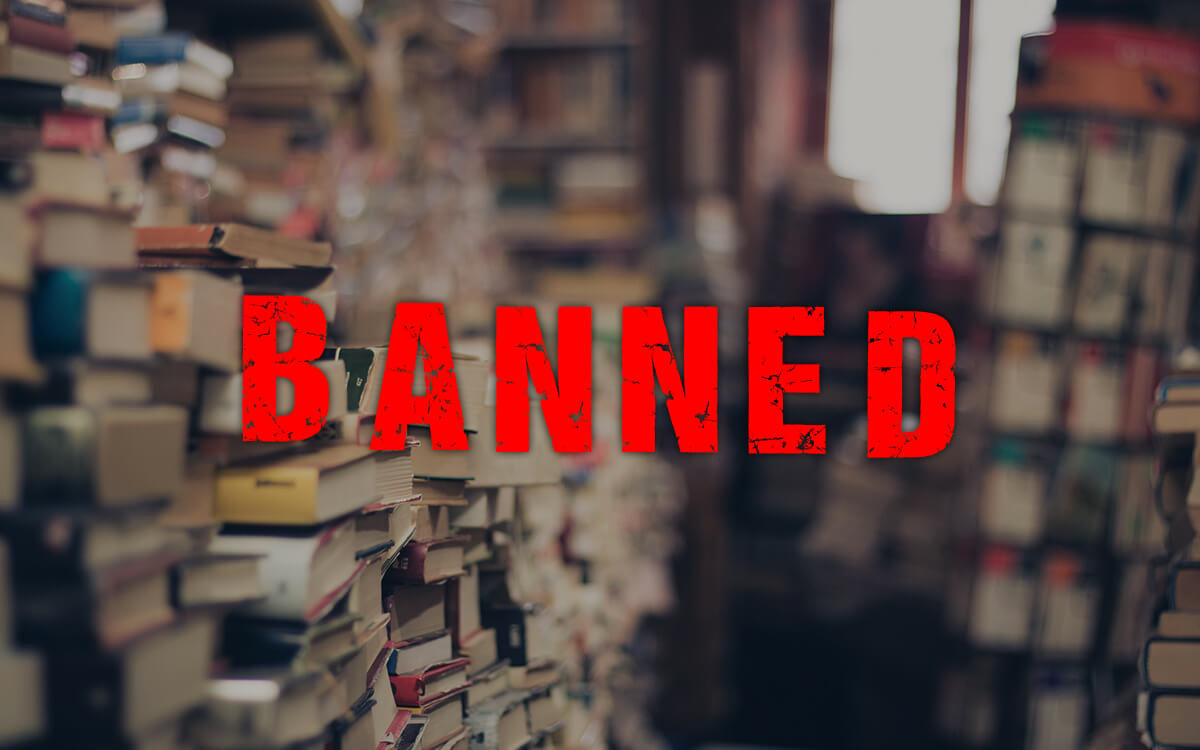Book Banning - It's Still Happening
Across the globe, books have been banned throughout history. From the infamous book burning by Nazis in the early 1930’s to present day China, books continue to be banned at both the national and institutional level. Even in countries that value and protect free speech, certain texts are still subject to smaller scale (but still nationally felt) bans such as those that occur at the public school level in the United States.
That’s why even in 2017, the freedom of speech should be valued and recognized as a right that can be seized in seemingly small to more obviously large increments, particularly as it pertains to the freedom to write, publish, distribute, and read.
Here in the United States, book bans continue to be acknowledged and enforced, especially in schools. In fact, books are challenged (a challenge is an attempt to ban a book) so regularly each year, that there is no readily available estimate of quite how many books are challenged each year, or how many have been banned in the United States to date. The most common places where books are challenged (and sometimes consequently, banned) are schools and libraries.
In the US, parents are generally behind efforts to see books banned from school curriculums and libraries. According to the American Library Association, the most prevalent reasons for book challenges and bans since 2013 have been: content being deemed sexually explicit, use of language that may be found offensive, and content that may be more broadly considered “unsuitable” for certain age groups. Other reasons include an undesired exposure to: nudity, drugs, hate speech, religious viewpoints, values that depart from the traditional idea of a nuclear family, suicide, sexuality generally, and other themes that some may find unpleasant or subjectively distasteful.
It may seem as though book banning is futile in the age of the internet, when access to everything is thought to be available, but content censorship (including censored books) indeed extends to the web. In nations such as China where a free internet virtually doesn’t exist, a hard copy of a book is the only copy. But in a country like the US, when a book is banned in a school, for example, it is very likely still available elsewhere, most notably, on the web.
Perhaps the biggest difference between nations such as China and the United States when it comes to book censorship (and censorship, generally) is that one country practices censorship more blatantly than the other. One of the most popular buzz phrase on the news and in media this year in the US has been “free speech.” Yet nearly 60 books were banned and/or challenged in 2016 alone here in America where free speech is thought to be protected. In China, free speech is not protected either, but China’s citizens are not under the illusion that it is.
Thankfully, you can make sure the books you love (and have yet to love, but will) remain available with the use of a private browser that has VPN capabilities such as Tenta. And for even more added protection, Tenta recently rolled out an encrypted e-reader feature so you can keep enjoying the written word -- banned or not.
Share this postInstall Tenta Browser Free!
Start protecting your online privacy today with Tenta Browser.



